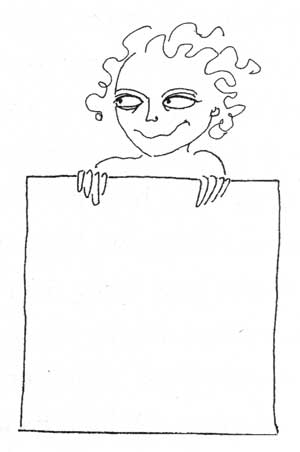“Who’s Afraid of Sigmund Freud?”
Sigmund Freud makes people irritable. Whenever someone mentions Freud, say, at a dinner party, I see eyes roll and listen to the nasty remarks that follow. The received knowledge, even among some highly educated and informed people, is that Freud was wrong and can be relegated to history’s garbage can where we discard outmoded ideas. There are still defenders of Freud’s theories, of course, but in my experience, the general attitude is one of out-and-out hostility.
A few years ago, I met a journalist who had written a book on twin studies. His argument was essentially this: genes determine who you become. I was interested in his research for the book and, at some moment in our discussion, I brought up the fact that as a neurologist, Freud had spent years studying nerve cells in a laboratory in Vienna and that at least some of his ideas about psychological processes appear to have been confirmed by recent neuroscience. The man’s mouth dropped open. He didn’t know Freud had worked as a scientist. For him, Freud was a figure that represented everything science was not.
For decades now, the Viennese doctor has been a caricature, a pop icon of the unconscious and sexual urges. Ego, id, and superego are terms familiar to all, but for many years, Freud’s psychoanalytic theory has thrived in English departments around the country as a tool for interpreting literary texts but has rarely, if ever, been discussed in science departments. Part of the problem is that Freud has been perceived as an isolated figure who appeared out of nowhere with crazy ideas about how our minds work that have now been disproved. But Sigmund Freud was very much a creature of his time. He did not “invent” the unconscious. Versions of it had been around since the philosopher Leibniz responded to Descartes and Hume in the seventeenth century. By 1860, in Germany, the scientist Gustav Fechner had formed a theory of unconscious processes. Hermann von Helmholtz and Wilhelm Wundt, formidable scientists of their day, also argued for the existence of an unconscious. In the 1870’s, the English physiologist William Benjamin Carpenter came up with an “adaptive unconscious” in his work. Many thoughts and feelings, he argued, are outside of our awareness.
Read the rest of the post.
